The group who came together in 2010 under the chairmanship of Michael Hoey had proposed to build a sugar processing facility in Co Kildare and had invited farmers to invest in the project.
The decision not to go ahead with the project comes as little surprise, as over six months have passed since a round of meetings with farmers in Carlow, Tipperary and Wexford.
BEET Ireland was seeking 1,000 farmers to pledge €1,000 each as a sign of commitment to the project.
Had the project gone to the build stage these farmers would have been asked to supply funding of up to €50m to part fund the project, and to commit to grow an estimated 1.4m tonnes of beet. There was support form farmers, but many questioned the price they would get for their beet and the costs of growing and transport, added to the scale of investment to receive quota allocation – typically €25,000 per 400t of quota.
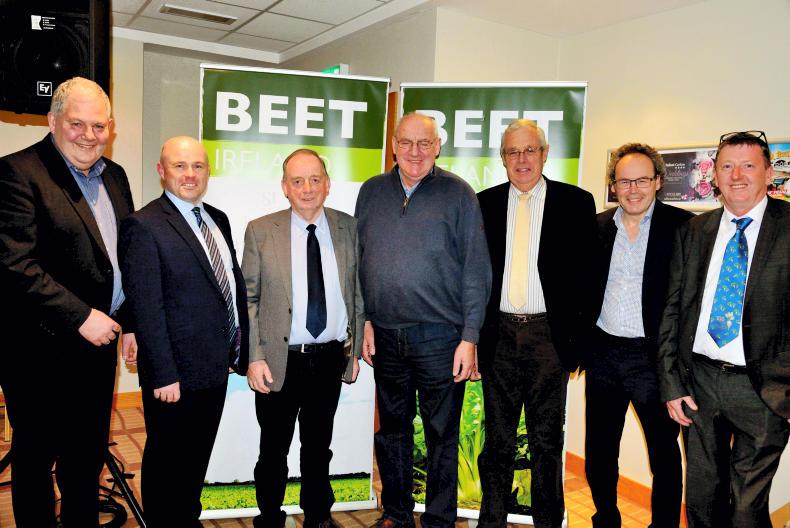
Members of the Beet Ireland committee, along with Hugh McDonnell, ITLUS president (centre), include Michael Hoey, CEO, Chris Harmon, Pat Cleary, Jim O'Regan, Brian Arnold and Simon Cross.
The level of interest is not sufficiently strong
"It is clear from our engagement process in recent months that there remains a strong desire to re-establish a sugar beet processing industry in Ireland, however it is our view that the level of interest is not strong enough to deliver a sugar industry of sufficient scale that is necessary to be competitive at a European or global level."
Quotas
The initial stumbling block for the project was that Ireland had no sugar processing quota until quotas were abolished in 2015, Greencore having surrendered Ireland’s sugar quota back in 2006.
Volatile sugar markets and the sheer scale of the investment combined with negative publicity around the level of sugar being consumed in western diets were factors which may have influence the final Beet Ireland decision.
Additional reporting by Hannah Quinn-Mulligan.
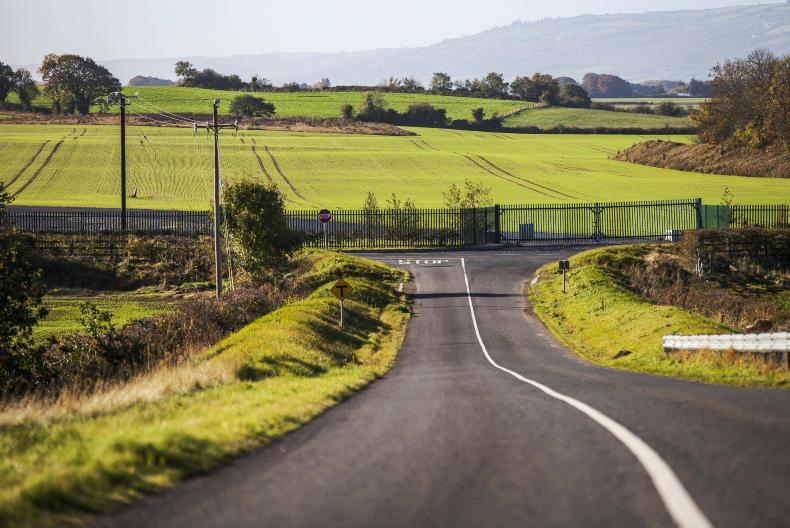
The Beet Ireland site in Co Kildare (photo: Philip Doyle)
BEET Ireland's statement in full
"BEET Ireland has been engaging with farmers in the tillage sector to gain the support necessary to re-establish a sugar beet processing industry in Ireland following its demise in 2005. It has always been our firmly held view that the return of the sugar beet industry must be grower led in order to ensure that the mistakes of the past are not repeated into the future.
Sugar beet growing was an integral part of tillage farming life particularly in the south and south east of the country since the 1920s. Sugar beet growers enjoyed excellent crop yields and returns for many years and an important break crop. We view this industry as being the missing pillar in the Irish agricultural industry. Sugar has many other uses in today’s global economy, other than as a food product and these uses will continue to be successfully exploited by the main sugar producers around the world for many years to come.
It is clear from our engagement process in recent months that there remains a strong desire to re-establish a sugar beet processing industry in Ireland, however it is our view that the level of interest is not sufficiently strong enough to deliver a sugar industry of sufficient scale that is necessary to be competitive at a European or global level.
As a result and bearing in mind a range of marketplace uncertainties, Beet Ireland believes that the time is not right to re-establish this industry in Ireland and therefore the company has taken the decision to postpone any further involvement in this project.
We wish to thank all the members of the farming community who have engaged with us to date for their positive endorsement and public support for this initiative. We wish to thank the media and the farmer representative organisations who also engaged positively on this project over the years. Our thanks also go to the public representatives and public bodies who gave us tremendous advice and assistance over the life of this project.
Finally Beet Ireland has been working tirelessly over the past 8 years to re-establish a sugar industry on this island – an industry that we still believe, can play a key role in import substitution, climate change and innovation in the agri-food sector. These priorities remain strategically important for the Irish economy and in particular rural development in our country. We remain hopeful that this industry will be re-established at some point in the future."
Read more
Sugar beet revival not viable – Greencore's Coveney
Beet Ireland taking time before next step
The sweet and sour of sugar beet growing in Ireland
The group who came together in 2010 under the chairmanship of Michael Hoey had proposed to build a sugar processing facility in Co Kildare and had invited farmers to invest in the project.
The decision not to go ahead with the project comes as little surprise, as over six months have passed since a round of meetings with farmers in Carlow, Tipperary and Wexford.
BEET Ireland was seeking 1,000 farmers to pledge €1,000 each as a sign of commitment to the project.
Had the project gone to the build stage these farmers would have been asked to supply funding of up to €50m to part fund the project, and to commit to grow an estimated 1.4m tonnes of beet. There was support form farmers, but many questioned the price they would get for their beet and the costs of growing and transport, added to the scale of investment to receive quota allocation – typically €25,000 per 400t of quota.

Members of the Beet Ireland committee, along with Hugh McDonnell, ITLUS president (centre), include Michael Hoey, CEO, Chris Harmon, Pat Cleary, Jim O'Regan, Brian Arnold and Simon Cross.
The level of interest is not sufficiently strong
"It is clear from our engagement process in recent months that there remains a strong desire to re-establish a sugar beet processing industry in Ireland, however it is our view that the level of interest is not strong enough to deliver a sugar industry of sufficient scale that is necessary to be competitive at a European or global level."
Quotas
The initial stumbling block for the project was that Ireland had no sugar processing quota until quotas were abolished in 2015, Greencore having surrendered Ireland’s sugar quota back in 2006.
Volatile sugar markets and the sheer scale of the investment combined with negative publicity around the level of sugar being consumed in western diets were factors which may have influence the final Beet Ireland decision.
Additional reporting by Hannah Quinn-Mulligan.

The Beet Ireland site in Co Kildare (photo: Philip Doyle)
BEET Ireland's statement in full
"BEET Ireland has been engaging with farmers in the tillage sector to gain the support necessary to re-establish a sugar beet processing industry in Ireland following its demise in 2005. It has always been our firmly held view that the return of the sugar beet industry must be grower led in order to ensure that the mistakes of the past are not repeated into the future.
Sugar beet growing was an integral part of tillage farming life particularly in the south and south east of the country since the 1920s. Sugar beet growers enjoyed excellent crop yields and returns for many years and an important break crop. We view this industry as being the missing pillar in the Irish agricultural industry. Sugar has many other uses in today’s global economy, other than as a food product and these uses will continue to be successfully exploited by the main sugar producers around the world for many years to come.
It is clear from our engagement process in recent months that there remains a strong desire to re-establish a sugar beet processing industry in Ireland, however it is our view that the level of interest is not sufficiently strong enough to deliver a sugar industry of sufficient scale that is necessary to be competitive at a European or global level.
As a result and bearing in mind a range of marketplace uncertainties, Beet Ireland believes that the time is not right to re-establish this industry in Ireland and therefore the company has taken the decision to postpone any further involvement in this project.
We wish to thank all the members of the farming community who have engaged with us to date for their positive endorsement and public support for this initiative. We wish to thank the media and the farmer representative organisations who also engaged positively on this project over the years. Our thanks also go to the public representatives and public bodies who gave us tremendous advice and assistance over the life of this project.
Finally Beet Ireland has been working tirelessly over the past 8 years to re-establish a sugar industry on this island – an industry that we still believe, can play a key role in import substitution, climate change and innovation in the agri-food sector. These priorities remain strategically important for the Irish economy and in particular rural development in our country. We remain hopeful that this industry will be re-established at some point in the future."
Read more
Sugar beet revival not viable – Greencore's Coveney
Beet Ireland taking time before next step
The sweet and sour of sugar beet growing in Ireland





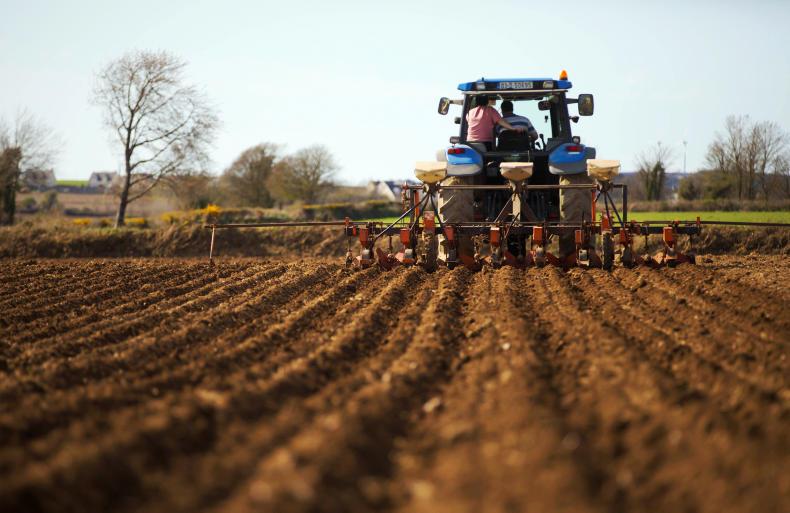



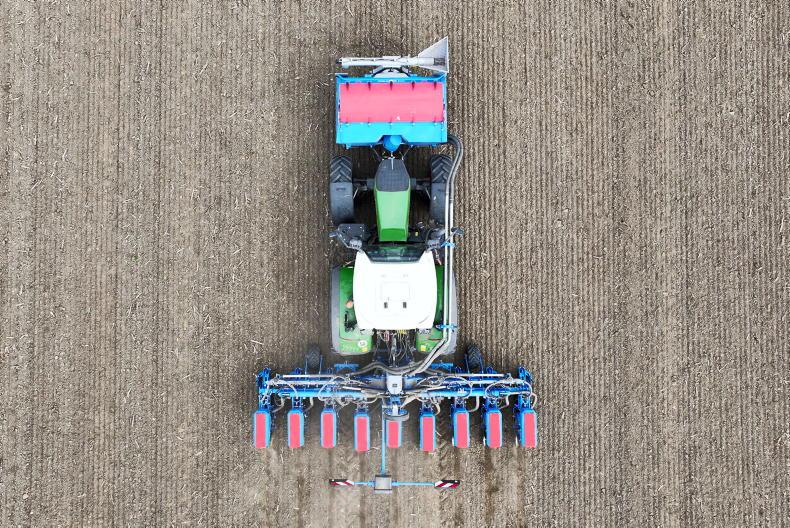

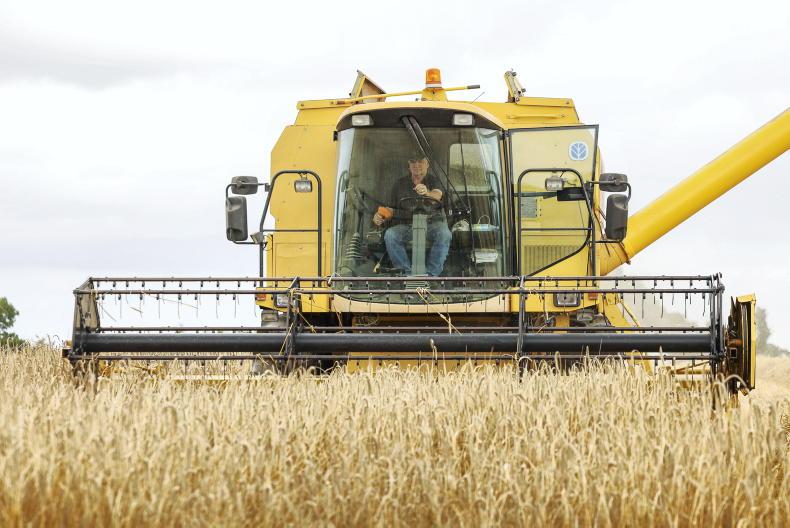
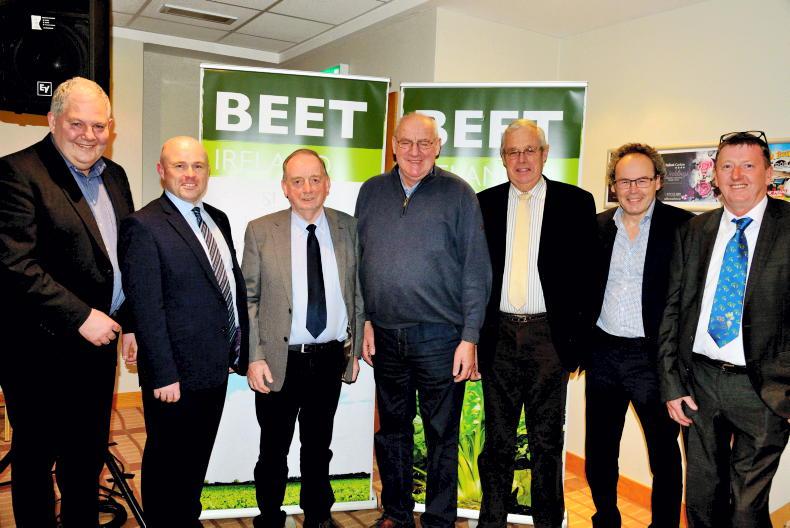

SHARING OPTIONS